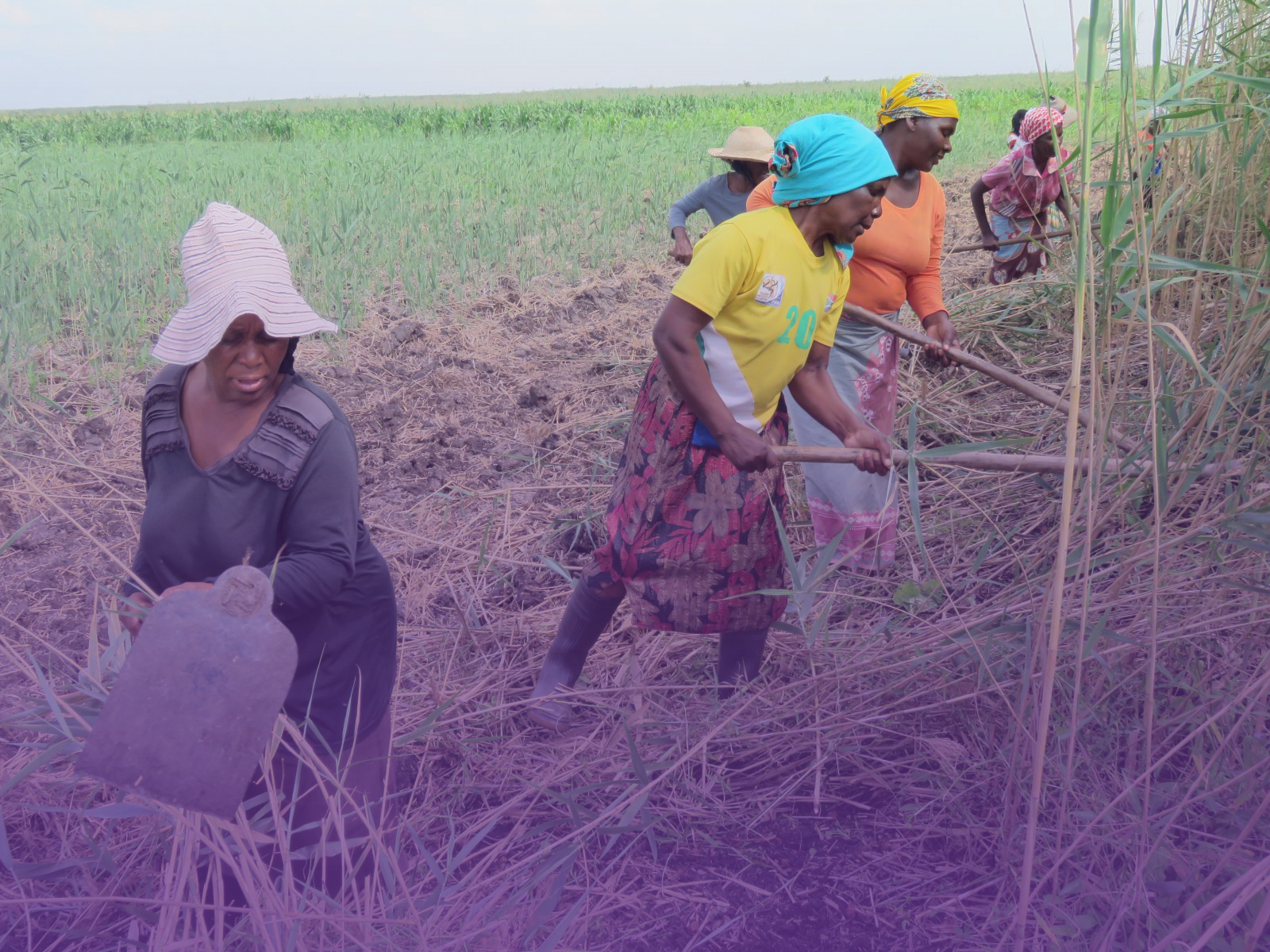The impact of digitalization on the food system is a growing issue of concern across Africa. Digitalization of agriculture has been portrayed by governments and agribusiness as a driving force accelerating agricultural transformation. In Africa, our food systems have been no exception to this digital shift and hype; growing, harvesting, processing, packaging, transporting, consuming, and distributing food are all becoming subject to digital technologies.
Africans are witnessing the rapid emergence of mobile apps being offered to farmers by pesticide firms claiming that these apps will assist them to make decisions on what to plant, how much to spray and what to harvest. This hi-tech approach is very disconnected from the realities of smallholder farmers who are the backbone of many African economies. The global internet population continues to grow at an alarming rate from 3.4 billion in 2016 to 5.2 billion in 2021. The accelerating growth of internet in Africa has facilitated the emergency of digital technologies in Africa’s food systems1. A recent report suggests that 33 million registered users in 2018, 13% of smallholder farmers in sub Saharan Africa and this figure forecasted to rise to 200 million registered users in the next few years.
The high tech digital applications that could come after these apps include driverless tractors, pesticide spraying drones that are not developed for small holder farmers. The main objective for these digital agriculture companies is to integrate millions of small scale farmers into a vast centrally controlled digital network. Once these farmers are incorporated in the network, they will be increasingly compelled to buy their products (inputs, machinery and financial services) and to supply them with agricultural commodities that they can then sell afterwards.
Both subsistence and commercial farmers are already using digital technologies. Digital technology can be applied across the entire food supply chain using agro-ecological principles for communities. Agroecology is increasingly being recognized as sustainable art of farming where farmers take center stage where their knowledge skills are considered indispensable.
The notion that techno fixes will solve all our problems is a fallacy.
We need to put farmers before profits and embrace promote technologies developed under agroecology principles.

Barbara Ntambirweki is a lawyer and activist in Uganda, and a member of the ETC Group
- Dr. Nina Rismal; Doing Development Digitally: Scoping paper on Digitalization, food systems and Development [↩]




